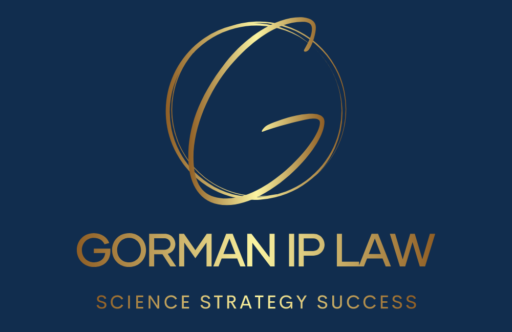Part 2: Prior Art
Scientists who launch start-ups to commercialize their work often find the already difficult challenge of obtaining patent protection even more difficult.
Like many entrepreneurs, scientist founders are at the pinnacle of their careers and are recognized experts. Many lack significant business management experience, having come from an academic environment or the R&D department of a large company where research is a primary part of what they do. They are comfortable being totally in charge of their projects and are not used to having their scientific decisions questioned.
It is not surprising, therefore, for scientist founders to hesitate when it comes time to pay someone to research a topic when they are already intimately familiar with what is known, understood and speculated about in their area of expertise.
Yet conducting such a “prior art” search oftentimes better grounds the company and provides somewhat of an unbiased check on the ability of the science to be easily patented.
This is due, in part, to the fact that a professional searcher has no particular bias about the invention and uses pertinent, yet neutral, terms when conducting the prior art search in addition to the jargon commonly used in the laboratory and/or the literature of a particular field of study.
If the scientist’s invention is a new method of conducting PCR (polymerase chain reaction) to be used for identifying new organisms in deep ocean thermal vents, the scientists will not necessarily be aware of PCR methods associated with forensic applications used at crime scenes.
If there is no bias as to how PCR is used or what the ultimate point of using PCR is (e.g. identifying a new organism), then the publications searched could easily come up with a journal article about which the scientists were unaware or which they had dismissed as unrelated because it was directed to something other than identifying new organisms.
Consequently, the searcher has a much higher probability of identifying prior art that an Examiner at the USPTO would consider relevant to the patent application – even if it does not immediately appear to be intimately related to the exact same end-product, approach, or implementation as that presented in the patent application.
Susan Gorman, Ph.D., Esq., is principal of Gorman IP Law, a law firm focused on helping companies leverage intellectual property assets to maintain a competitive advantage, enhance market share, plan for growth and better manage resources and expenses. Through a proprietary process, Gorman IP Law helps businesses build a formal IP strategic plan that defines your business goals, establishes benchmarks and allows you to better project costs. Dr. Gorman can be reached at susan.gorman@gormaniplaw.com.
The information contained herein has been prepared by Gorman IP Law, APC, for informational purposes only and is not legal advice.
